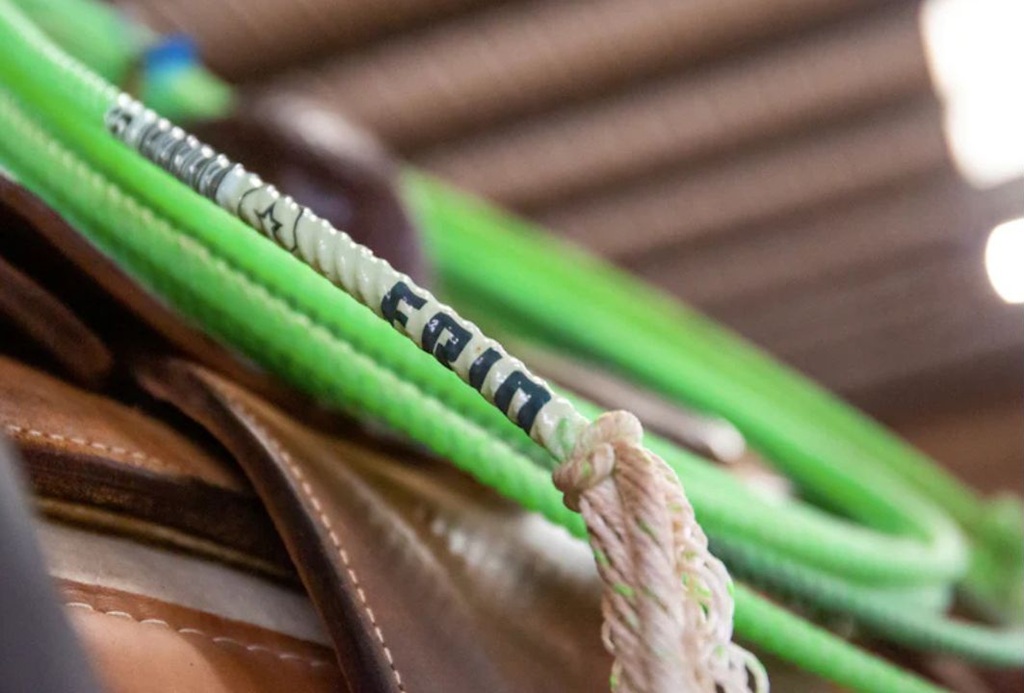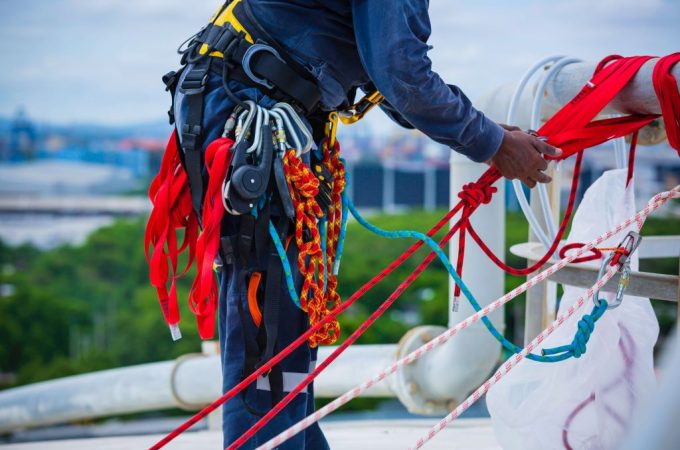
What is Bomb Rope Called Lone Star? Unraveling the Mystery
Have you ever stumbled across the term “What is bomb rope called lone star” and wondered about its origins and uses? This phrase, while intriguing, often leads to confusion. Bomb rope, in its various applications, isn’t always referred to as “lone star” consistently. Let’s delve deep into the world of ropes, exploring its terminology and practical applications, shedding light on the mystery surrounding this unique phrase.
Contents at a Glance
ToggleUnderstanding the Terminology: Beyond “Lone Star”
The term “bomb rope” itself can be misleading. It’s not a standard, universally recognized term within the rope industry. Instead, it seems to be a colloquialism or regional phrase that might refer to specific types of ropes used in demanding situations. Often, it’s associated with heavy-duty ropes used in construction, rigging, or even emergency scenarios.
- Rigging Ropes: These are designed for lifting and securing heavy loads, often made from strong synthetic fibers or steel.
- Climbing Ropes: Dynamic or static, these ropes are engineered for safety in vertical environments.
- Marine Ropes: Resistant to water and abrasion, these ropes are essential for boating and maritime applications.
The “lone star” part of the phrase might be a regional or brand-specific identifier. It’s crucial to understand that without more context, pinning down an exact definition is challenging.
Exploring the Applications of Heavy-Duty Ropes
When considering “bomb rope,” the focus is often on strength and durability. These ropes play vital roles in various industries:
- Construction: Used for hoisting materials, securing scaffolding, and heavy lifting tasks.
- Industrial Rigging: Essential for moving and positioning heavy machinery and equipment.
- Emergency Services: Firefighters and rescue teams utilize robust ropes for rappelling and rescue operations.
- Military Applications: Ropes are used for various tasks, including rappelling, securing equipment, and tactical operations.
These applications demand ropes with high tensile strength, abrasion resistance, and reliability.
Materials and Manufacturing: What Makes a Strong Rope?
The strength of a rope is determined by its materials and manufacturing process. Common materials include:
- Nylon: Known for its elasticity and strength, often used in climbing ropes.
- Polyester: Offers excellent abrasion resistance and strength, suitable for marine and rigging applications.
- Steel Wire Rope: Provides exceptional strength and is used in heavy-duty lifting and construction.
- Kevlar: Used in high-performance applications where extreme strength and heat resistance are required.
The manufacturing process involves twisting or braiding fibers together to create a strong, cohesive structure. This process determines the rope’s strength, flexibility, and durability.
Safety Considerations: Handling Heavy-Duty Ropes
Handling heavy-duty ropes, regardless of what they are called, requires careful attention to safety. Here are some key considerations:
- Inspection: Regularly inspect ropes for signs of wear, damage, or fraying.
- Proper Use: Use ropes according to their intended purpose and load capacity.
- Knot Tying: Learn and practice proper knot-tying techniques to ensure secure connections.
- Storage: Store ropes in a dry, cool place away from direct sunlight and chemicals.
Understanding the safety protocols is crucial to prevent accidents and ensure the longevity of the rope.
Related: Is Sisal Rope Non-Toxic? Unveiling the Natural Fiber’s Versatility
Decoding “Lone Star”: Regional or Brand Specific?
The “lone star” component of the phrase likely refers to a regional term or a specific brand. Texas, known as the Lone Star State, might contribute to this terminology. It’s possible that local suppliers or industries use this term to describe particular ropes they stock or manufacture.
Here’s why this might be the case:
- Local suppliers may have a unique name for their product.
- Specific industries in Texas might use the phrase due to local usage.
- Older terminology that has survived in regional dialect.
Further research into regional industrial suppliers and historical documents may yield more precise results.
Related: How Do You Use a Boxing Rope? Mastering the Hodag Rope for Peak Performance
Finding the Right Rope for Your Needs
When searching for heavy-duty ropes, it’s essential to consider your specific needs. Here’s a quick guide:
- Determine the application: What will the rope be used for?
- Calculate the load capacity: How much weight will the rope need to support?
- Choose the right material: Select a material that suits the environment and application.
- Consider the diameter and length: Ensure the rope is appropriately sized for your needs.
- Look for certifications and standards: Check for industry certifications to ensure quality and safety.
By following these steps, you can find the right rope for your specific requirements.
Beyond the Term: The Importance of Reliable Ropes
Regardless of the name, reliable ropes are crucial for safety and efficiency in various industries. Understanding the properties, applications, and safety considerations associated with heavy-duty ropes is essential.
- Ropes are a vital part of many industrial and recreational activities.
- Using the correct type of rope for the job is paramount.
- Regular maintenance and inspection of ropes can prevent accidents.
Related: Does Hemp Cord Break Easily? Exploring the Safety and Strength of Hemp Rope
Conclusion: Understanding the Context
“What is bomb rope called lone star” is a phrase that highlights the importance of context and regional variations in terminology. While “bomb rope” may refer to heavy-duty ropes, the “lone star” component likely points to a regional or brand-specific identifier. Understanding the applications, materials, and safety considerations of these ropes is crucial for anyone working with them.
If you need to find the right heavy-duty rope for your needs, consider consulting with industry experts or reputable suppliers. Don’t hesitate to ask questions and seek clarification to ensure you get the right product for your specific application.
Call to Action:
Ready to find the perfect heavy-duty rope for your needs? Contact a local rope supplier or industry specialist today for expert advice and reliable products. Explore our comprehensive guides on rope safety and usage to ensure you’re using the right equipment for the job.






